WIT Life #357: LDP Presidential election and royal family shakeup
Interpreter/Translator/Writer Stacy Smith (Kumamoto-ken CIR, 2000-03) presents WIT Life, a periodic series about aspects of Japanese culture such as art, film, food and language. Stacy starts her day by watching Fujisankei’s newscast in Japanese, and here she offers some interesting tidbits and trends along with her own observations.
The Japanese LDP Presidential election will take place today (September 29th). The winner is expected to become the next prime minister following current PM Yoshihide Suga, leading the party in November’s general election. Here’s a run-down of the candidates, notable for being a lineup that is 50% women.

In other big news, Princess Mako of the royal family just welcomed home her fiancee, commoner Kei Komuro. When he was last in Japan over three years ago, he got engaged to Mako before coming to New York to attend Fordham Law School. They plan to marry and for Mako to return with him to New York, where he has been hired by a law firm. In renouncing her official title, she will be sacrificing almost $1.35 million in taxpayer money. Check out the Washington Post’s coverage of the palace intrigue captivating Japan (and the vitriol towards Komuro’s Covid ponytail)!
JETwit’s JET Alum Movers & Shakers is produced by Ryan Hata (Tottori-ken, 2014-2017), Margie Banin (Kochi-ken, 2005-2007), and Jim Walsh (Fukushima-ken, 2018-2020). Want to be featured next? Submit your information here.

Accomplishment: Published two novels set in Japan
More Information: Loren wrote her first book, a story about a teen’s introduction to the Harajuku street fashion scene, during her second JET year. Titled ‘Meet You By Hachiko,’ she found the research and writing process a great way to learn more about Japan as well as pass the time when her students were on holidays between terms. After returning home post-JET, she continued to blog and write about Japan on her off-time to stay connected with her experience abroad, and started on a second novel while working in the travel industry.
‘Meet You By Hachiko’ launched in February 2020, a month before travel ground to a halt. The pandemic presented Loren with an opportunity to return to creative writing and devote more time to publishing: she completed her long-shelved second book, ‘Edokko,’ the story of a Canadian exchange student’s year in rural Kyushu. Both titles are now available in paperback and eBook format worldwide, under the imprint HachiPress, where Loren hopes to reach young readers interested in Japan.
Even after being away from teaching for a decade, writing about student life has become a nostalgic touchstone, and the nods in her books to those “only-in-Japan” experiences can be appreciated by any former JET.
Public Information:
Website: http://www.lorengreene.com
LinkedIn: http://www.linkedin.com/in/authorlorengreene
HachiPress Bookshop: http://www.hachipress.ca
Amazon: http://zon.lorengreene.com
Seeking Applicants for the 2021 EngageAsia Elgin Heinz Outstanding Teacher Award (Humanities Category)!
See: https://www.elginheinzaward.org/ for full details.
Deadline: October 15, 2021
One of the 2020 winners was a JET alum!
Nominations for the Award are also welcome anytime via info@engageasia.org
Application Details are Below and Here: https://www.elginheinzaward.org/apply
Application Details
The Elgin Heinz Award recognizes exceptional teachers who further mutual understanding between Americans and Japanese. The 2021 award will focus on humanities teachers and consist of an award grant of up to $1,000.
2021 applications are due on October 15, 2021.
The award is named in honor of Elgin Heinz for his commitment to educating students about Asia as well as for the inspiration he has provided to the field of pre-college education.
See the most recent Award Ceremony HERE.
Eligibility Requirements
The award is open to current full-time K-12 classroom teachers of any relevant subject in the United States. There are two award categories, one in the humanities and one in Japanese language. The 2021 award will be awarded only in the Humanities category and the 2022 award will focus on Japanese Language.
Previous award recipients often have over 10 years of teaching experience and have been engaged in teaching their students about Japan for a substantial period of time. Candidates must demonstrate sustained commitment to improving mutual understanding between Americans and Japanese, and must have made a significant contribution to enhancing students’ knowledge of Japan.
Applicants for the Japanese language category must have excellent command of the Japanese language and may be contacted by members of the selection committee to verify this.
Nomination Procedures
Applicants for the Elgin Heinz Outstanding Teacher Award are accepted in two ways:
- Educators who meet the requirements are encouraged to apply on their own. A nomination is not required.
- Nominations are also accepted, and we encourage those in the field to nominate educators whom they believe are deserving of this award.
Letters of Nomination should briefly highlight the qualifications of the candidate and must include his/her name, contact information, and indicate the school at which the candidate currently teaches.
EngageAsia, which is administering the award, will accept Letters of Nomination at any time and will inform candidates that they have been nominated for the Award. Those nominated must submit a full application as indicated below.
Nominators should keep in mind the deadline for applications is in September. Therefore, it is recommended that nominations be submitted by mid-July in order to provide potential candidates the time needed to compile their applications.
Letters of Nomination should be e-mailed to EngageAsia at: info@engageasia.org
Application Procedures & Deadlines for 2021
(Humanities category)
Applicants must submit the following documents by October 15, 2021 to be considered (please note: all materials must be submitted in one PDF document via e-mail to EngageAsia, the award administrator, at: info@engageasia.org):
1. Cover Sheet that includes the following information:
- Full name and home address
- School name and address
- E-mail and telephone contact information
- The subjects and grades you currently teach
- A list of Japan-related programs in which you have participated
- Names and contact information for those submitting letters of support
2. A narrative (not to exceed three (3) pages typed, double spaced) describing your efforts to further mutual understanding between Americans and Japanese through your classroom teaching. Please describe your classroom atmosphere and your approach to teaching about Japan and Japanese Language. Applicants should also highlight leadership positions held and detail how they have impacted other educators locally and/or nationally.
3. Three letters of support from individuals or organizations familiar with you and your teaching on Japan. A letter from a student explaining how your efforts affected his/her perceptions and understanding of Japan is permissible as a letter of support. One letter must come from the school’s principal or vice principal. Support letters can be sent under separate cover or included with all application materials.
4. A proposal not longer than three pages detailing how the candidate would utilize a grant of up to $1,000 (pending EngageAsia’s financial ability to offer a grant in 2021) to bolster Japanese language and/or Japan related endeavors in his or her classroom or at his or her school. The proposal must be specific and include a budget.
5. A professional resume
The application should be submitted in one PDF electronically to: info@engageasia.org
Deadline for 2021
Complete applications must be received by EngageAsia on or prior to October 15, 2021 to be considered for the 2021 award.
Review & Selection
A national selection committee administered by EngageAsia will review complete applications received by or on October 15, 2021. The selection committee consists of leaders in the field of education about Japan and Japanese language. The award winners will be announced in the winter of 2021.
JETwit’s JET Alum Movers & Shakers: Aarti Barve, Okayama-ken (2006-2008)
JETwit’s JET Alum Movers & Shakers is produced by Ryan Hata (Tottori-ken, 2014-2017), Margie Banin (Kochi-ken, 2005-2007), and Jim Walsh (Fukushima-ken, 2018-2020). Want to be featured next? Submit your information here.
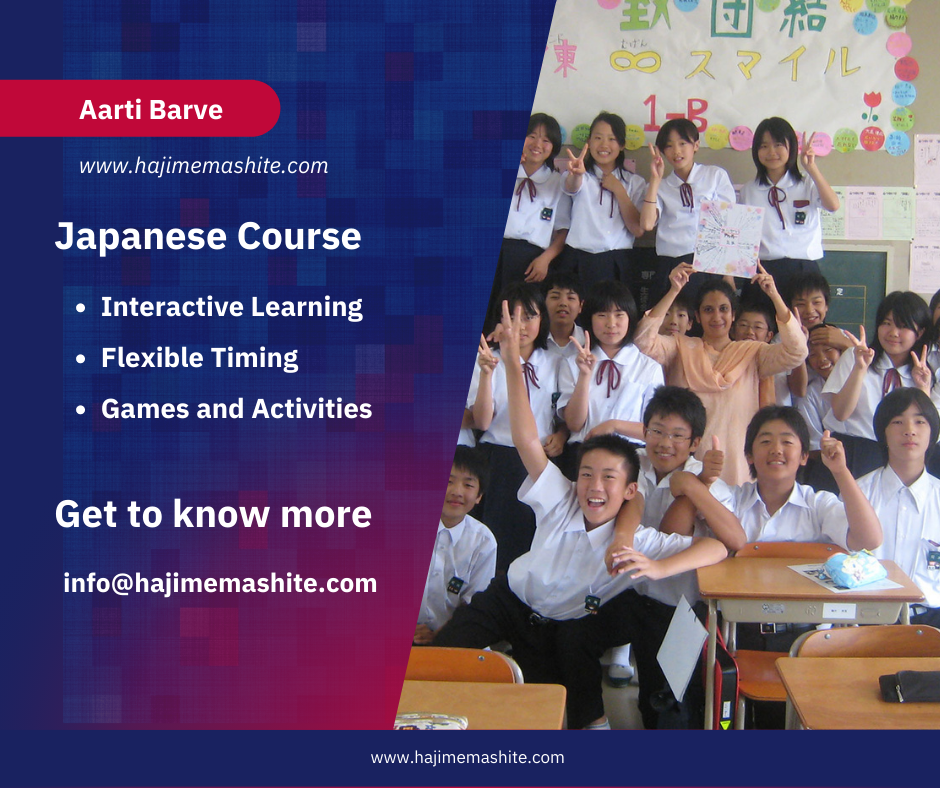
Accomplishment: New website and customized online Japanese courses
More Information: Aarti Barve is the founder of https://hajimemashite.com/, a platform for customized online Japanese courses. With an experience of 17yrs + including, teaching at the University of Mumbai, Aarti prepares students for JLPT exams. She has designed a special fee structure for the JET alumni. JET alumni can use the HAJIME 21 code to avail a discount of 20% in fees. You can reach out on either email ids to know the detailed fee structure.
Public Information:
Website: https://hajimemashite.com/
Email: aarti.barve@hajimemashite.com; info@hajimemashite.com
Japan-Insights: The day the world plunged into darkness and arose again in light
************By Makoto Shirai, secretary, Japan-Insights Research Institute (Non-profit organization in Tokyo)
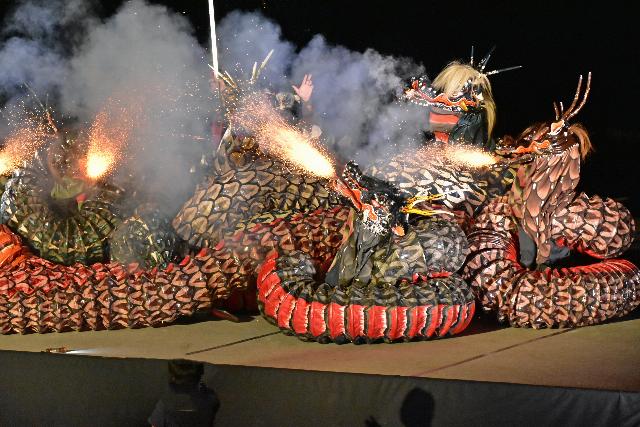
Dear Friends,
Have you enjoyed an ancient Japanese theater “Kagura”?
Let me introduce an essay from Japan-Insights archives.
The twenty-first one is on Kagura: Theater of Tradition Amid Innovation by Dr. Dieter Georg Adlmaier-Herbst.
https://topics.japan-insights.jp/Public/pdf/japan-insights_jp/topics/JIN_Kagura.pdf
Please share this expert’s experience!
Japan-Insights is a nonprofit open database compiled by leading experts in Japanese studies. The posts present a broad range of historical and contemporary topics that encourage visitors to engage with the real Japan through immersive experiences. Follow the Facebook page and website to learn about and share these insights from around the country!”
#japan #japaneseculture #izumo
Job: Research Analyst – Intralink (Ideally, California ([but remote locations possible])
Posted by Sydney Sparrow. Click here to join the JETwit Jobs Google Group and receive job listings even sooner by email.
Position: Research Analyst, Open Innovation Group
Posted by: Intralink
Location: Ideally, California (but remote locations possible)
Contract: Full-Time
Thanks to JET alumnus, Alan Mockridge (Iwate-ken, 1992-1994) for passing along the following job opening with his organization:
Intralink is an international market expansion and corporate innovation consultancy with clients in Europe, America and East Asia. We have multiple former JETs working on our team. To support our innovation consulting work for Japanese clients as well as our group marketing activities, we are seeking a full-time Research Analyst in our Open Innovation Group.
You will work alongside project teams tasked with delivering projects for these clients, and with our sales and marketing team to support a variety of promotional activities, including:
Read MoreJob: ESL Teacher – Eszette Business Language Services (Washington D.C., USA)
Posted by Sydney Sparrow. Click here to join the JETwit Jobs Google Group and receive job listings even sooner by email.
Position: ESL Teacher
Posted by: Eszette Business Language Services
Location: Washington D.C., USA
Contract: Part-Time
Thanks to JET alumna, Tia Braham (Nara-ken, 2014-2017) for passing along the following job opening with her company:
Eszett Business Language Services is a language school that operates in about 60 countries teaching languages and providing other related services.
Our teachers work as freelancers for us and when we have a suitable program we contact you with the details and if interested, you would let us know your availability.
The program we have in Washington currently is outlined below:
Read MoreJapan-Insights: The rhythm of the ryuteki rises up to the heavens
************By Makoto Shirai, secretary, Japan-Insights Research Institute (Non-profit organization in Tokyo)
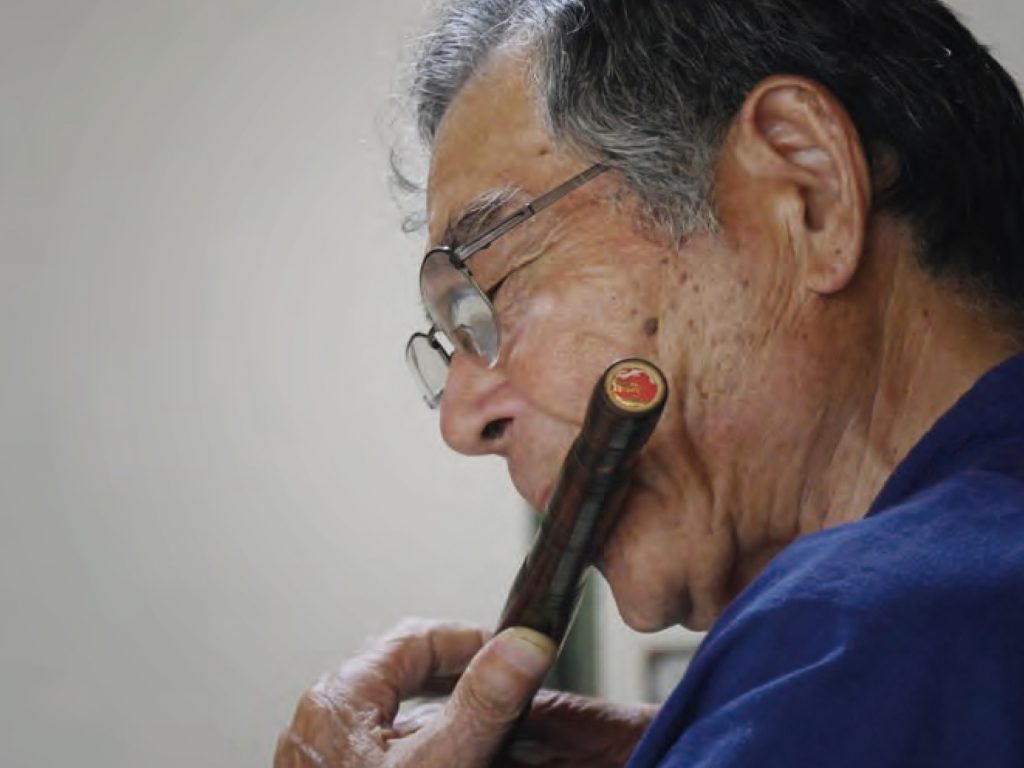
Dear Friends,
Have you heard the sound of God?
Let me introduce an essay from the Japan-Insights archives.
The twentieth one is on KAMINONE: Sound of God by Mr. Hino Tatsuo.
https://doc.japan-insights.jp/pdf/JIN_TOPIC_20200418214215.pdf
Please share this expert’s experience!
Japan-Insights is a nonprofit open database compiled by leading experts in Japanese studies. The posts present a broad range of historical and contemporary topics that encourage visitors to engage with the real Japan through immersive experiences. Follow the Facebook page and website to learn about and share these insights from around the country!”
#japan #japaneseculture #izumo
Congratulations, Dr. Dan Tinianow!
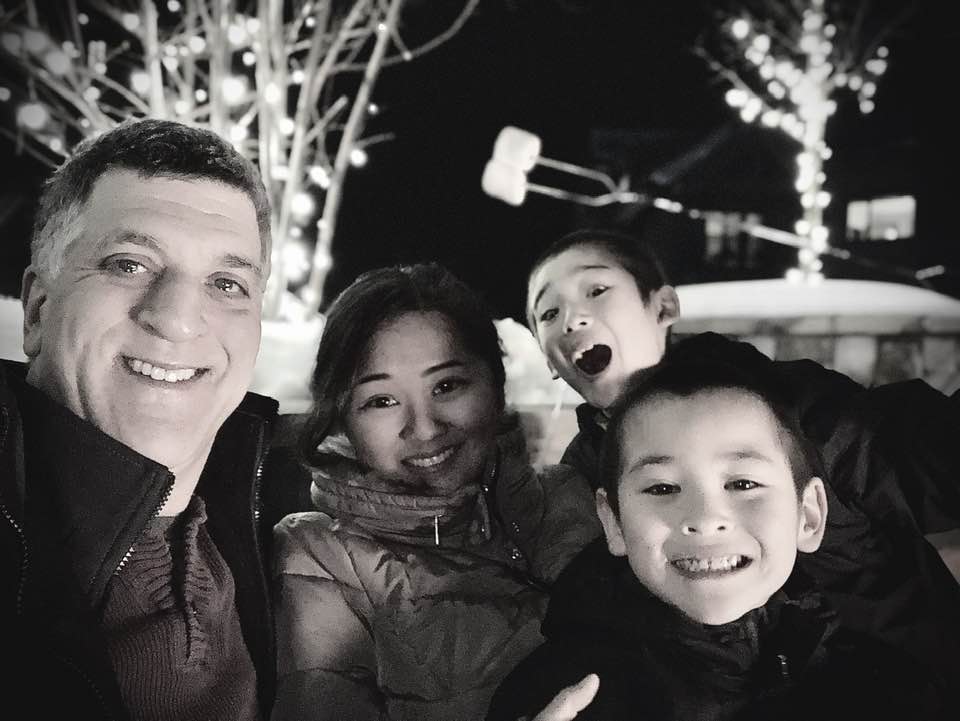
Congratulations to JET alumnus, Dr. Dan Tinianow (AET, 1987-1988) who was named Faculty of the Month at the University of Arizona Global Campus! Read the full article here.
Japan-Insights: Izumo: Land of Gods, Myths and Metals
************By Makoto Shirai, secretary, Japan-Insights Research Institute (Non-profit organization in Tokyo)
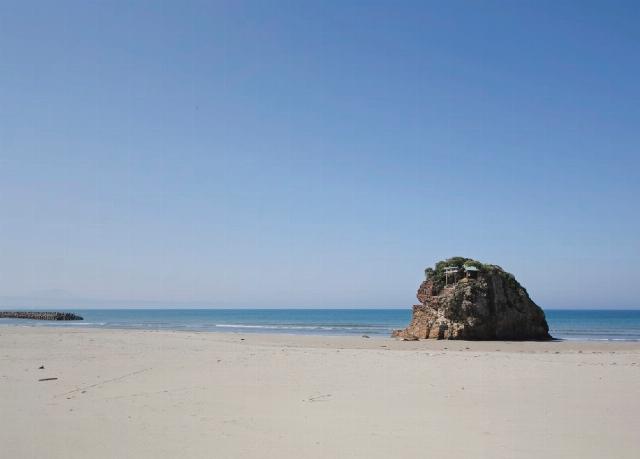
Dear Friends,
Have you visited Izumo, Land of Gods?
Let me introduce an essay from the Japan-Insights archives.
The nineteenth one is on Izumo: Land of Gods, Myths and Metals by Dr. Simon Kaner.
https://topics.japan-insights.jp/Public/pdf/japan-insights_jp/topics/JIN_SwordsBellsDragonsMyths.pdf
Please share this expert’s experience!
Japan-Insights is a nonprofit open database compiled by leading experts in Japanese studies. The posts present a broad range of historical and contemporary topics that encourage visitors to engage with the real Japan through immersive experiences. Follow the Facebook page and website to learn about and share these insights from around the country!”
#japan #japaneseculture #izumo
The Carter Center Peace Bell: JETAA Challege
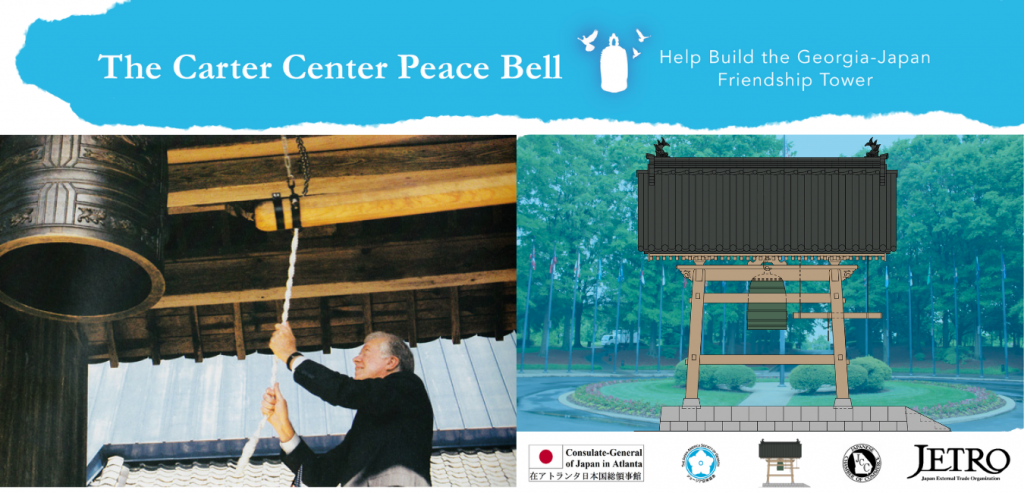
Thanks to JET alumna, Jessica Cork (CIR, Hiroshima-ken, 1997-2000) for sharing this great project that she is leading as the Chair of the Japan-America Society of Georgia.
The Japan-America Society of Georgia, Japanese Chamber of Commerce of Georgia, Consulate General of Japan in Atlanta, and Japan External Trade Organization (JETRO) Atlanta want to construct a traditional Japanese bell tower to house the Carter Center’s “Peace Bell.” The “Japan-Georgia Friendship Bell Tower” will be modeled after the bell tower at Shoganji Temple in Konu, Miyoshi City, Hiroshima Prefecture where the bell originated in Japan.
During World War II, an ordinance to collect metals was promulgated throughout Japan, and the temple bell from Shoganji Temple in Konu was supplied to the Kure Naval Arsenal. However, before the bell could be turned into bullets, the war ended. Following the war, the bell somehow ended up in England, where it resided for a time with an Englishman, James Taylor. His son, Milos Taylor, discovered the bell in 1958 while sorting through the belongings of his father in England. In 1982, Milos moved to Florida with the bell. In 1985, before returning to England, Milos put the bell up for sale. The Japanese Chamber of Commerce in Atlanta and the Consulate General of Japan in Atlanta solicited donations to purchase the bell and presented the bell on behalf of the Japanese community to President and Mrs. Carter to commemorate the construction of The Carter Center and in appreciation for President Carter’s work promoting world peace.
When Hajime Akiyama, a member of the Japanese parliament, visited The Carter Center after the bell was donated, he discovered that the bell was inscribed with the name of Shoganji Temple. So he visited Shoganji to report that their temple bell had been donated to President Carter. Shoganji was very pleased to learn that their temple bell, which they thought had been destroyed in the war, was in fact carefully preserved at The Carter Center as the “Peace Bell,” a symbol of goodwill between Japan and the United States.
This led to President Carter visiting Hiroshima twice, establishing a sister city relationship between Konu, Hiroshima and his hometown in Georgia, and Konu constructing the Jimmy Carter Civic Center, which aims to educate Japanese citizens about peace.
The website with the incredible story of the bell’s journey to the US and full project description is as follows.
https://www.jasgeorgia.org/Georgia-Japan-Peace-Bell/
The Japan-America Society of Georgia is trying to raise $300,000 to make this dream a reality. We would like to challenge JETAA to raise $25,000 and be recognized as one of the partner organizations (on all press releases, website, plaque etc).
In order for JETAA members to have their donations recognized as contributions from JETAA, please click on the sponsorship link (not the donate link).
https://www.jasgeorgia.org/event-4464101
Then select register, add email address, and then select “7. Other amount.” Put in the amount and then check off the JETAA checkbox.
The Japan Foundation, New York presents [EP10] Godzilla: A Pioneer of Global Pop Culture
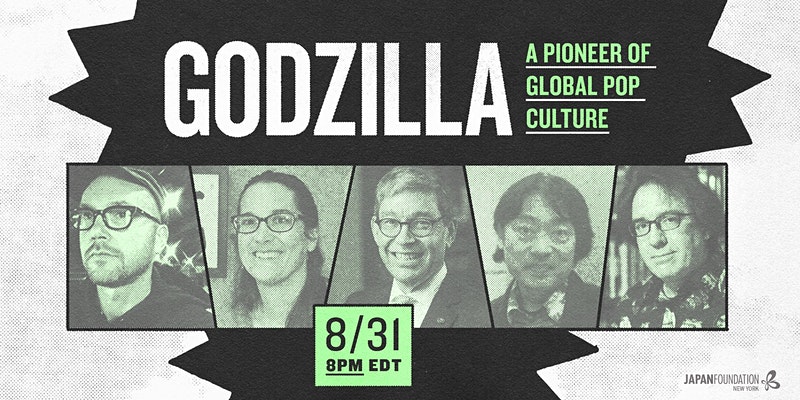
Date and time
Tue, August 31, 2021
8:00 PM – 10:00 PM EDT
About this event
For the tenth episode of our JFNY pop culture series, we will take a closer look at Godzilla, the worldwide pop culture icon, and the longest-running film franchise in world history!
Starting in 1954 with the Japanese release of Ishiro Honda’s Gojira, the franchise has since released 36 films made in Japan and in Hollywood, with new titles still being made today. Godzilla sparked the Kaiju (monster) genre, and its fandom has reached all generations and has spread all over the world.
What were some of the cultural contexts in which Godzilla was created? What does Godzilla mean to Japanese people? How was it exported to the world, and what led Godzilla to become the “King of Monsters?”
Come join our panel discussion with five Godzilla experts from both the U.S. and Japan: Bill Tsutsui, Takayuki Tatsumi, Norman England, Meghan Mettler and Steve Ryfle as they explore the history of Godzilla and discuss its universal appeal.
Poll:
★ What is your favorite title from Godzilla series? ★
Please let us know what your favorite title is on the Eventbrite page when you register! We will announce the results of the poll during the event, and discuss it with the panelists.
Q&A:
The discussion will be followed by a live Q&A. Along with answering the poll, now is your chance to ask the experts your questions about Godzilla! Please ask your question when you register. Live commentary will also be enabled on the YouTube stream, so you can participate in the Q&A session live as well.
This is a FREE event. Registrants will receive the link to the stream via email.
We look forward to seeing you there!
Registration Link: https://www.eventbrite.com/e/ep10-godzilla-a-pioneer-of-global-pop-culture-tickets-163917051313
Twitter: https://twitter.com/JF_NewYork/status/1420398650702843904?s=20
Japan-Insights: A visit to three family-run businesses in Toyama prefecture
************By Makoto Shirai, secretary, Japan-Insights Research Institute (Non-profit organization in Tokyo)
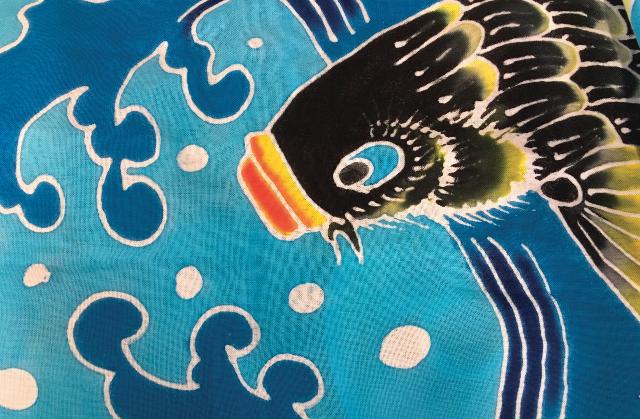
Dear Friends,
Have you experienced Japanese cuisine in Toyama?
Let me introduce an essay from the Japan-Insights archives.
The eighteenth one is on Japanese Food Artisans by Ms. Susan Ellicott.
https://topics.japan-insights.jp/Public/pdf/japan-insights_jp/topics/JIN_TraditionalFoodArtisans.pdf
Please share this expert’s experience!
Japan-Insights is a nonprofit open database compiled by leading experts in Japanese studies. The posts present a broad range of historical and contemporary topics that encourage visitors to engage with the real Japan through immersive experiences. Follow the Facebook page and website to learn about and share these insights from around the country!”
#japan #japaneseculture #toyama
JETAA Podcast Beat
JETAA Podcast Beat is a weekly round-up of current JET and JET alumni podcasts and podcast appearances compiled by Emmalee Manes (Toyama-ken, 2016-19)
Do you have a podcast or did you recently appear in a podcast? Help us share it with the community by filling out this form.
Welcome to the JETAA Podcast Beat! I hope the beat will be a great way for everyone to stay updated on JET alumni as well as current JET involvement in podcasts. If you have the chance, please enjoy listening to one of these recent episodes this week!
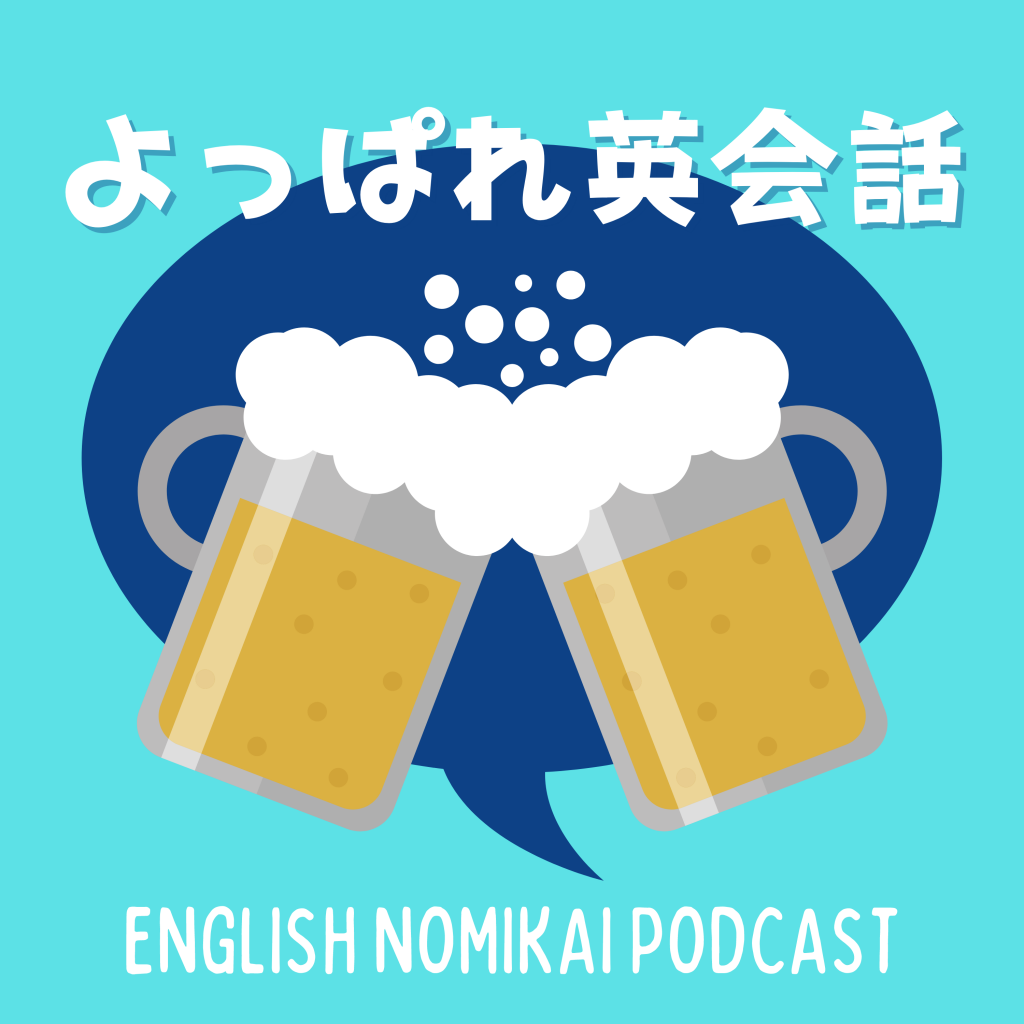
よっぱれい英会話 English Nomikai Podcast
In this eikaiwa podcast targeted to Japanese English-learners, Emmalee Manes (Toyama-ken, 2016-19) talks to fellow JET alumni, current JETs, and Japanese English teachers and friends about cultural differences between Japan and their home countries (all while sharing some drinks!)
Emmalee and Shota talk about the language-learning app “Hellotalk” and how they use it. Shota shares the topics he usually posts about, including memes, American sports, and music.
インスタ: @yoppareikaiwa
Shotaのブログ: https://www.samuraitanuki.com/
是非、インスタでメッセージをください〜

Reinventing Professionals
This podcast hosted by Ari Kaplan (Hyogo-ken, 1993-94) is designed to offer ideas, guidance, and perspectives on how to effectively navigate a perpetually shifting professional landscape, with a unique focus on the legal industry and the technology that is driving its evolution.
Attracting Talent in a Competitive Market
I spoke with Michael Ellenhorn, the founder and CEO of Decipher Investigative Intelligence, a firm that develops actionable intelligence to guide law firms in developing successful lateral hiring programs and strategies. We discussed the current market in law firm hiring, how law firms are searching for fully or partially remote positions, best practices for law firm leaders to attract talent, and how hiring is evolving.

USLawEssentials Law & Language
The USLawEssentials Law & Language Podcast, co-hosted by Stephen Horowitz (Aichi-ken, 1992-94) helps non-native English speaking lawyers and law students improve their English and better understand US law and American legal culture. Many of these short episodes are tied to a legal news event or case in the United States. Others include interviews with multilingual lawyers (including a number of JET alumni.) The shows are hosted by attorneys experienced teaching US law and legal English to students and lawyers from around the world.
The USLawEssentials Law & Language Podcast continues its What’s New in the Legal News series with a case about …. tuna! Or allegedly missing tuna. Daniel Edelson introduces a recent news story about plaintiffs who sued a restaurant franchise for mislabeling its tuna sandwich. And Stephen Horowitz tells us about his favorite hoagie restaurant.
If you’re hungry for legal English, or just hungry to know more about hoagies, subs, class action lawsuits, and detecting tuna DNA, you’ll enjoy this episode.
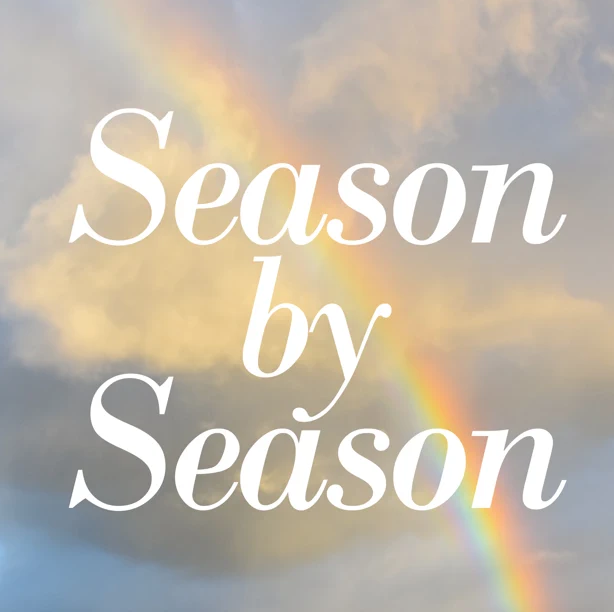
Season by Season
Join Alexis (Shimane-ken, 2009-11) and Kit, lifelong friends who now live on opposite coasts, as they explore poetry, music, and sound on a journey through the rhythm of nature expressed by the seasons.
This balmy episode features special guest Elijah Sobel, discussing swimming holes. Alexis and Kit chill out by finding ways to stay cool during record-breaking hot temperatures, focusing on “cooling things” such as iced tea, goldfish, and “uchimizu.” In Hiro’s Corner, a refreshing look at the coolness of far-away twinkling lights.

Design Future Now
How is design changing as a discipline and profession? How do we face these opportunities as a community? AIGA’s Lee-Sean Huang (Oita-ken, 2003-06) explores these questions and more with creative practitioners and leaders.
Navigating the disruptions in design education with Lefteris Heretakis
This episode is adapted from a livestreamed conversation between Lee-Sean Huang and Lefteris Heretakis on the challenges and opportunities in design education.
Lefteris Heretakis is a designer and lecturer. Since 1996, Lefteris has worked as a visual communicator with a wide range of clients ranging from startups to multinationals.
He’s currently teaching design at IE University in Madrid Spain. His reflexive research is focused on the real-world challenges in education and the unprecedented shifts that have taken place over the past 20 years.
Lefteris is also the host of two podcasts: the Design Education Talks podcast by the New Art School and the Designer Talks Podcast by the Chartered Society of Designers.
And also since 2019, Lefteris has been organizing the Design Education Forum, a two-day international event that brings practitioners from all over the world to share their experiences teaching art and design.
Watch the video recording of the original, unedited livestream interview: https://www.youtube.com/watch?v=LOFuk_GIyLA
JETAA Podcast Beat
JETAA Podcast Beat is a weekly round-up of current JET and JET alumni podcasts and podcast appearances compiled by Emmalee Manes (Toyama-ken, 2016-19)
Do you have a podcast or did you recently appear in a podcast? Help us share it with the community by filling out this form.
Welcome to the JETAA Podcast Beat! I hope the beat will be a great way for everyone to stay updated on JET alumni as well as current JET involvement in podcasts. If you have the chance, please enjoy listening to one of these recent episodes this week!

Reinventing Professionals
This podcast hosted by Ari Kaplan (Hyogo-ken, 1993-94) is designed to offer ideas, guidance, and perspectives on how to effectively navigate a perpetually shifting professional landscape, with a unique focus on the legal industry and the technology that is driving its evolution.
The Future of Litigation Workflow
I spoke with Erez Bustan, the CEO of American LegalNet, a leading cloud and mobile litigation platform. We discussed the launch of ALN Cloud, the company’s new report (on which I was privileged to collaborate) – The Future of Litigation Workflow: Reimagining Technology and Process in the Next Decade, how litigation will change in a post-pandemic environment.

USLawEssentials Law & Language
The USLawEssentials Law & Language Podcast, co-hosted by Stephen Horowitz (Aichi-ken, 1992-94) helps non-native English speaking lawyers and law students improve their English and better understand US law and American legal culture. Many of these short episodes are tied to a legal news event or case in the United States. Others include interviews with multilingual lawyers (including a number of JET alumni.) The shows are hosted by attorneys experienced teaching US law and legal English to students and lawyers from around the world.
The Multilingual Lawyer: Joshua Alter
USLawEssentials Law & Language podcast continues its series of interviews with multilingual lawyers. In this episode, Stephen Horowitz interviews Joshua Alter. Joshua discusses his specialized courses for international students enrolling in LLM programs in the United States and also provides invaluable suggestions on how international students can improve their chances of success in US law schools. This is a “must-hear” episode for students and attorneys from countries other than the United States interested in selecting a US legal program that meets their educational and professional goals.

